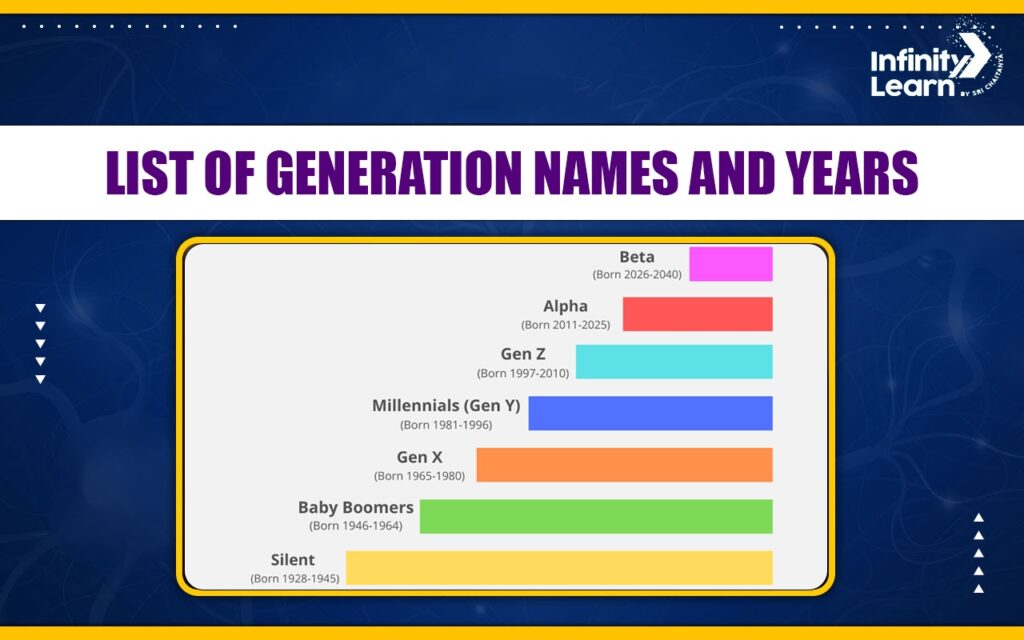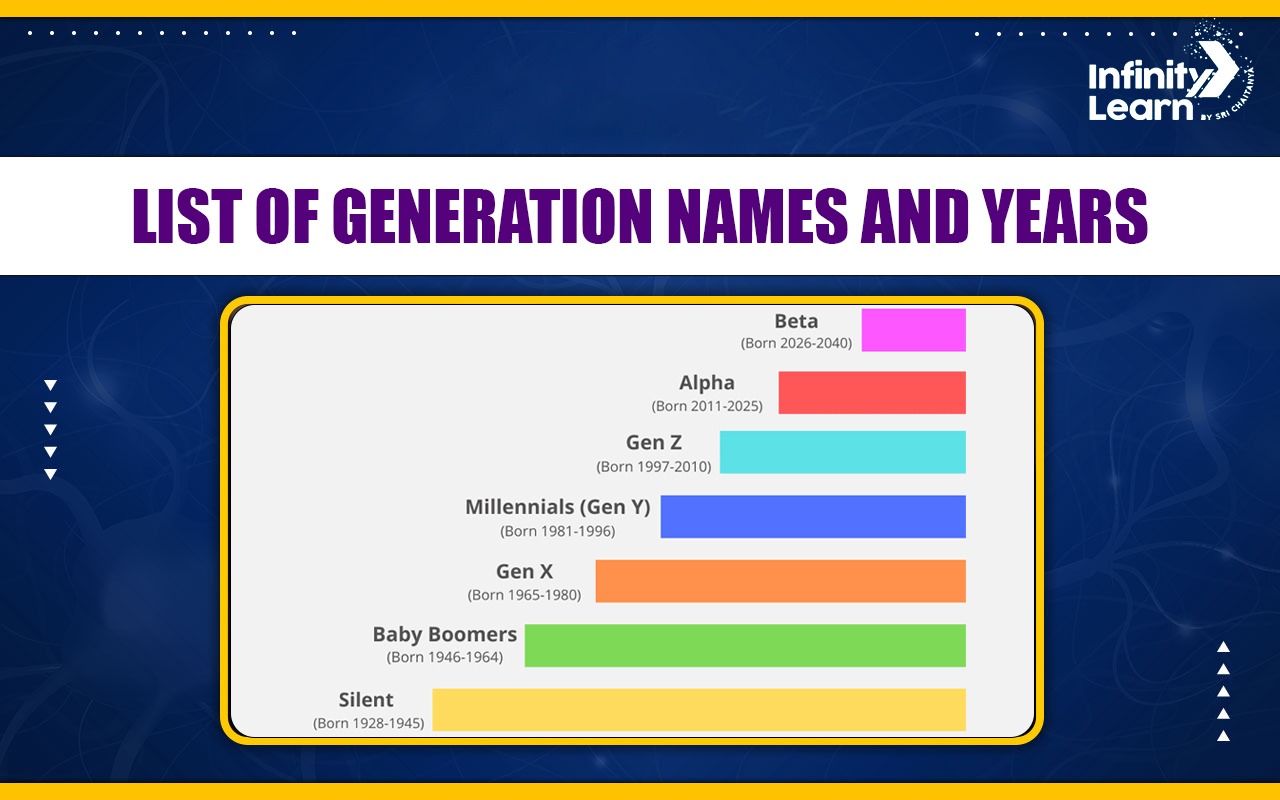
If I’m 21, What Year Was I Born? A Comprehensive Guide
Are you wondering what year you were born if you’re currently 21 years old? It’s a common question, and figuring it out is simple. This comprehensive guide will not only provide you with the answer but also delve into the nuances of age calculation, historical context, and related aspects that make understanding your birth year more meaningful. We aim to be the ultimate resource on this topic, providing a trustworthy and expert explanation. If you’re asking yourself, “If I’m 21 what year was i born?”, you’re in the right place!
This article will give you a clear answer to your question, provide different calculation methods, explore the relevance of birth years, and address other related questions that you might have. Our goal is to equip you with a complete understanding of this simple yet intriguing topic.
Understanding the Basics: Calculating Your Birth Year
The most straightforward way to determine your birth year when you know your current age is to subtract your age from the current year. Let’s illustrate this with a simple example. If the current year is 2024 and you are 21 years old, you would subtract 21 from 2024:
2024 – 21 = 2003
Therefore, if you are 21 years old in 2024, you were born in 2003. This calculation holds true as long as you have already had your birthday in the current year. If you haven’t had your birthday yet, you’ll need to subtract 22 from the current year.
Accounting for Birthdates
It’s crucial to consider whether you’ve already celebrated your birthday in the current year. If you have, the simple subtraction method works perfectly. However, if your birthday is later in the year, you need to adjust the calculation.
For instance, if the current year is 2024, and you are 21 years old but your birthday is in December, you would subtract 22 instead of 21. This is because you haven’t completed your 21st year yet. Therefore:
2024 – 22 = 2002
In this case, you were born in 2002. This adjustment ensures accuracy, especially when dealing with specific dates.
Using Online Age Calculators
For those who prefer a hassle-free approach, numerous online age calculators are available. These tools simplify the process by allowing you to enter your birthdate and the current date, instantly providing your age and other relevant information. These calculators are particularly useful for complex calculations involving months and days.
Simply search for “age calculator” on any search engine, and you’ll find a variety of options. Input your birthdate and the current date, and the calculator will handle the rest. These tools are accurate and save you the effort of manual calculation.
The Significance of Your Birth Year
Understanding your birth year goes beyond mere calculation; it places you within a specific historical and cultural context. The year you were born can influence your experiences, perspectives, and even your generation’s identity. Let’s explore some of the significant events and cultural trends associated with the early 2000s, assuming you were born around 2003.
Historical Events
The early 2000s were marked by several significant historical events, including:
* **The September 11 Attacks (2001):** This event profoundly impacted global politics, security measures, and international relations. The repercussions are still felt today.
* **The Launch of the Euro (2002):** The introduction of the Euro as the common currency for many European countries was a landmark event in economic integration.
* **The Iraq War (2003):** The U.S.-led invasion of Iraq led to significant geopolitical shifts and long-term instability in the region.
These events shaped the world as you grew up, influencing policies, cultural norms, and technological advancements.
Technological Advancements
The early 2000s were a period of rapid technological advancement, particularly in the realm of personal computing and mobile communication:
* **Widespread Internet Adoption:** The internet became more accessible and user-friendly, transforming how people communicated, accessed information, and conducted business.
* **The Rise of Mobile Phones:** Mobile phones evolved from simple communication devices to multifunctional tools with features like cameras, internet access, and gaming capabilities.
* **The Emergence of Social Media:** Platforms like MySpace and Facebook began to emerge, revolutionizing social interactions and online communities.
These technological shifts played a crucial role in shaping your digital literacy and your engagement with the world.
Cultural Trends
The cultural landscape of the early 2000s was characterized by diverse trends in music, fashion, and entertainment:
* **Pop Music Dominance:** Artists like Britney Spears, Justin Timberlake, and Beyoncé dominated the music charts, influencing fashion and youth culture.
* **Reality TV Boom:** Reality TV shows like “American Idol” and “Survivor” gained immense popularity, shaping entertainment preferences and celebrity culture.
* **Fashion Trends:** Fashion trends included low-rise jeans, crop tops, and vibrant colors, reflecting a youthful and energetic aesthetic.
These cultural trends contributed to the formation of your personal style and cultural preferences.
Age Calculation in Different Contexts
Calculating age can vary depending on the context. While the basic principle remains the same (subtracting the birth year from the current year), specific situations may require adjustments or alternative methods.
Legal and Official Documents
When dealing with legal documents, such as passports, driver’s licenses, and birth certificates, accuracy is paramount. These documents typically require your full birthdate (day, month, and year) to ensure precise age verification. Discrepancies can lead to complications, so it’s essential to double-check all information.
Historical Research
In historical research, age calculation may involve converting dates from different calendar systems or accounting for historical events that affected lifespans. Researchers often use specialized tools and databases to ensure accuracy when dealing with historical records.
Genealogy
Genealogy, the study of family history, often requires calculating the ages of ancestors. This can be challenging due to incomplete records or variations in historical documentation. Genealogists use a combination of birth certificates, marriage records, and census data to estimate ages and construct family trees.
Common Questions About Age Calculation
Let’s address some frequently asked questions related to age calculation to provide further clarity and insight.
**Q1: How do I calculate my age if I only know the year of birth?**
**A:** Subtract your birth year from the current year. If you’ve already had your birthday this year, that’s your age. If not, subtract one more year.
**Q2: What is the significance of knowing my exact age?**
**A:** Knowing your exact age is crucial for legal purposes, such as voting, driving, and accessing age-restricted services. It also helps in planning for retirement and other life milestones.
**Q3: Can age calculators be inaccurate?**
**A:** While most age calculators are accurate, errors can occur if the input data is incorrect. Always double-check the birthdate and current date to ensure accuracy.
**Q4: How does leap year affect age calculation?**
**A:** Leap years add an extra day to the calendar, which can slightly affect age calculation, especially for individuals born on February 29th. Age calculators typically account for leap years automatically.
**Q5: Is there a difference between chronological age and biological age?**
**A:** Yes, chronological age is the number of years you’ve lived, while biological age reflects your body’s health and functional capacity. Biological age can be influenced by lifestyle factors such as diet, exercise, and stress.
**Q6: How is age calculated in different cultures?**
**A:** Different cultures may have varying methods for calculating age. Some cultures count the year of birth as the first year of life, while others use lunar calendars, which can affect age calculations.
**Q7: What is the legal age of majority in most countries?**
**A:** The legal age of majority, the age at which a person is considered an adult, is typically 18 in most countries. However, it can vary depending on the specific jurisdiction.
**Q8: How does age affect insurance premiums?**
**A:** Age is a significant factor in determining insurance premiums. Younger individuals typically pay lower premiums for life insurance, while older individuals may pay higher premiums for health insurance.
**Q9: What are some common age-related milestones?**
**A:** Common age-related milestones include starting school, getting a driver’s license, voting, graduating from college, getting married, buying a house, and retiring.
**Q10: How can I plan for my future based on my age?**
**A:** Planning for your future based on your age involves setting financial goals, investing wisely, maintaining good health, and pursuing personal interests. Consult with financial advisors and healthcare professionals to create a comprehensive plan.
The Future of Age and Identity
As technology advances and societal norms evolve, the concept of age and identity is likely to undergo significant transformations. The increasing availability of personalized medicine and anti-aging technologies may blur the lines between chronological and biological age. Furthermore, evolving social attitudes toward age and aging may lead to a more inclusive and age-diverse society.
Personalized Medicine
Personalized medicine, which tailors medical treatments to an individual’s genetic makeup and lifestyle, has the potential to extend lifespans and improve quality of life. By identifying and addressing age-related health risks early on, personalized medicine may help individuals live longer, healthier lives.
Anti-Aging Technologies
Research into anti-aging technologies, such as gene therapy and regenerative medicine, is rapidly advancing. These technologies aim to slow down or reverse the aging process, potentially extending human lifespans and reducing the incidence of age-related diseases.
Societal Attitudes
Evolving societal attitudes toward age and aging are promoting a more inclusive and age-diverse society. Ageism, or discrimination based on age, is increasingly being challenged, leading to greater opportunities for older adults in the workforce, education, and social activities.
Conclusion: Embracing Your Age and Historical Context
Understanding your birth year and age goes beyond simple calculation. It connects you to historical events, technological advancements, and cultural trends that have shaped your experiences and perspectives. By exploring the significance of your birth year, you gain a deeper appreciation for your place in the world and the unique contributions you can make.
Whether you used a simple subtraction method or an online age calculator, knowing your birth year is a fundamental aspect of your identity. Embrace your age, learn from the past, and look forward to the future with confidence and enthusiasm. Now that you know if you’re 21 what year was i born, share this article with others who might be curious! Explore related topics on our website to further enrich your knowledge.

